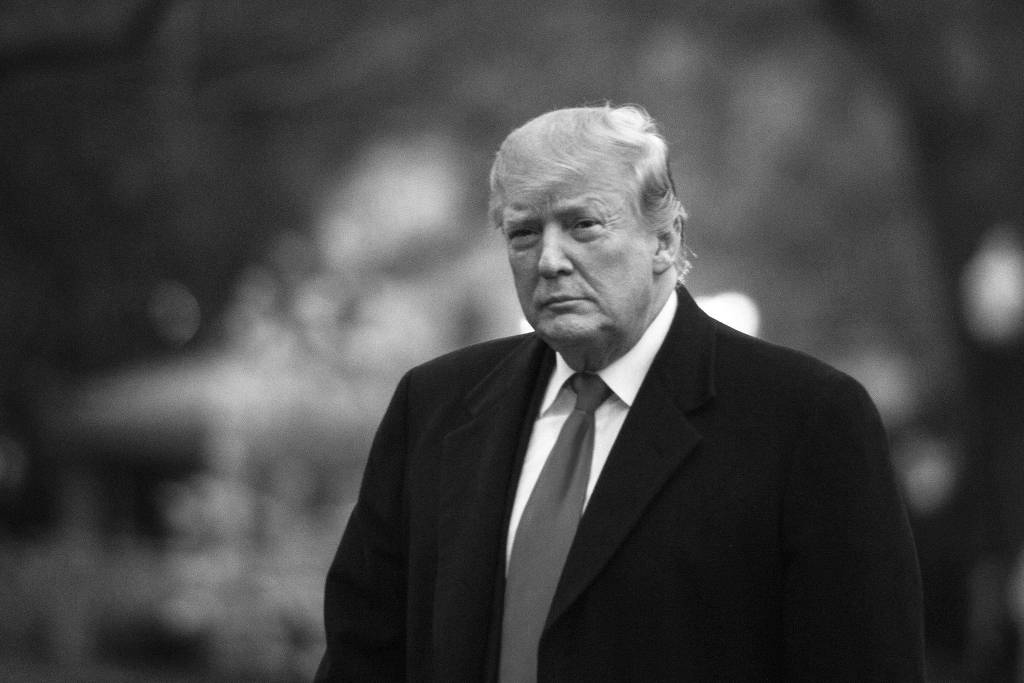
America’s Plan for Sharing the Expenses of Its Troops Snubs Its Allies
Multiple American media sources have reported that the Trump administration is considering a plan requesting every country that hosts the U.S. military, like Japan and Germany, to pay an extra 50 percent of the total cost of stationing these troops. It is said to be called the “Cost Plus 50” plan.
There are objections within the administration and what will actually happen is unclear, but if such a large-scale increase in our burden is requested, it truly must be considered a manifestation of disregard for the alliance.
In the negotiations agreed to last month revising the costs of stationing American troops in South Korea, that country was made to agree to an 8.2 percent increase compared to last year, or 1.04 trillion won (about $916 million). The duration of the agreement was shortened from five years to one, and it seems that South Korea will be subject to another demand for increased payment.
The cost of maintaining the United States Forces Japan is, in principle, the burden of the United States, based on the U.S.-Japan Status of Forces Agreement. Yet, since the late 1970s, Japan has paid for things like Japanese personnel on bases under what is called the “Sympathy Budget,” and the exceptions have increased. The current burden, reached in a special agreement in 2015 during the Obama administration, is about 200 billion yen (about $1.8 billion) a year.
Including other expenses, the cost of United States Forces Japan is over 600 billion yen ($5.5 billion), an exceptional hospitality compared to other allied countries. Considering the severe financial situation and public feelings, an increase in the bill is unthinkable.
The current arrangement lasts until March 2021 and revision negotiations aren’t forecast to begin in earnest until next year, but we need to drive home the point soon. At this spring’s meeting between the Japanese and American ministers of foreign affairs and defense (2 plus 2), we should figure out the American side’s true intentions while making it clear that we will not accede to unreasonable demands.
It is reported that the request for an increase in our burden is in consideration of American soldiers’ salaries and expenses for maintaining aircraft carriers and submarines. Even some Americans point out that countries that accept this much are practically using mercenaries.
On the other hand, due to our closeness with the U.S., a discount in the bill is also being discussed. There is also a prediction that this could be used as a concession in a deal in the upcoming Japanese-American trade talks, but that’s beside the point.
American troop deployment isn’t just for the defense of host countries, but a component in a strategy maintaining the American-led world order. A worldwide network of allied and friendly countries is precisely America’s strength, and wouldn’t it be in its national interest?
The Trump administration’s schemes could bring instability into this alliance and damage the foundations of America’s own security.


